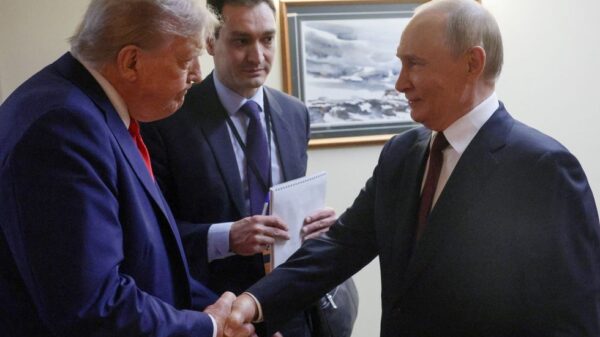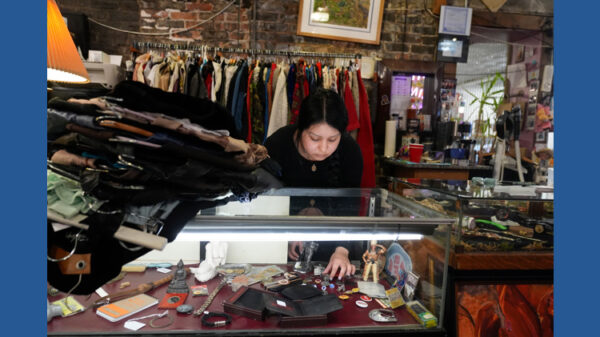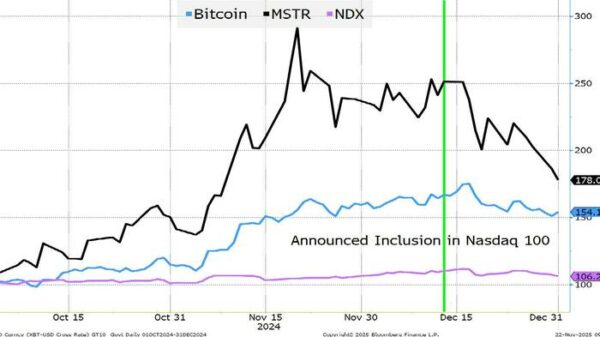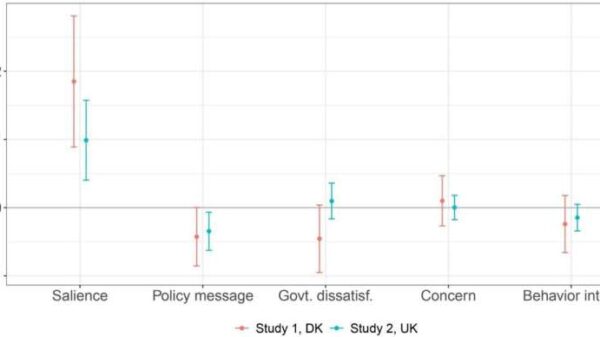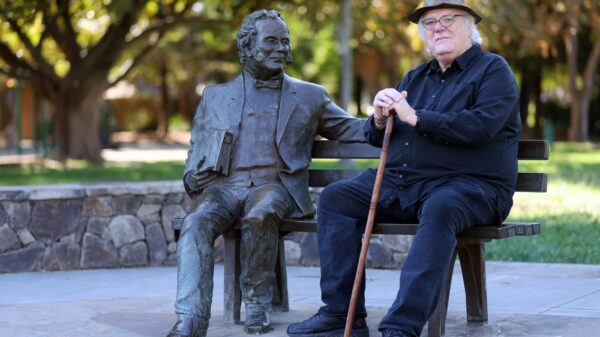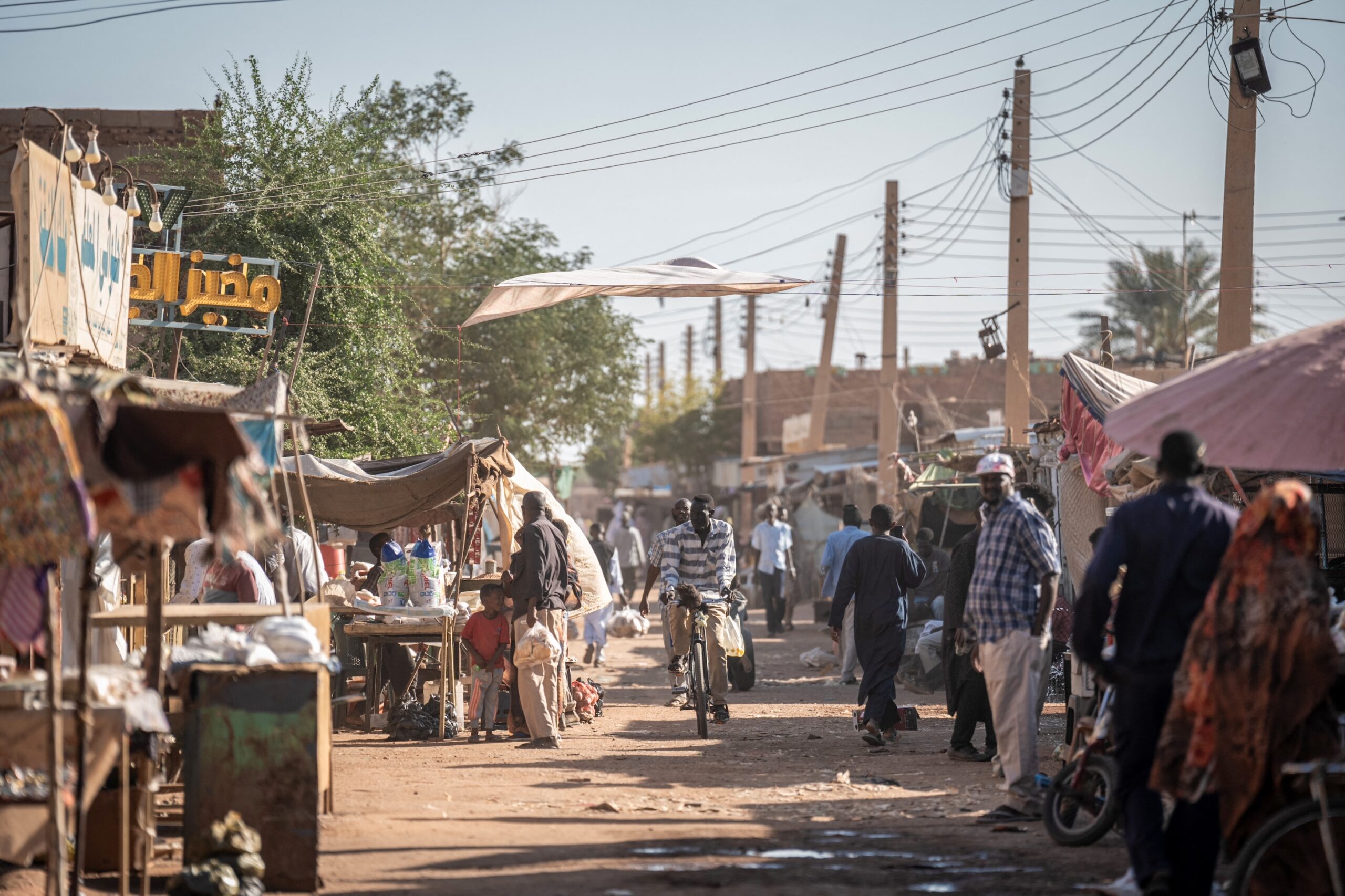The economic landscape in Sudan has deteriorated significantly since the outbreak of war in April 2023. Years of mismanagement, armed conflict, and over 25 years of international sanctions had already left the Sudanese people grappling with high inflation and limited opportunities. The current conflict has exacerbated these issues, leading to mass displacement, a shrinking workforce, and damage to vital industrial and agricultural infrastructure. Public spending has shifted to military operations, severely impacting social services such as healthcare and education.
This ongoing conflict has also given rise to a war economy. Essential goods, including fuel, are now being smuggled into the country, with convoys paying armed groups for safe passage. Additionally, agricultural communities face looting, and local markets are often caught in the crossfire. Policies enforced by both the Rapid Support Forces (RSF) and the Sudanese Armed Forces (SAF) further complicate the situation. The RSF has restricted the export of several goods to Egypt, significantly affecting local producers. In tandem, the Central Bank of Sudan, under SAF control, has introduced new banknotes that cannot be used in RSF-controlled areas, isolating large segments of the population economically.
Despite these challenges, many Sudanese exhibit remarkable resilience. This article explores the experiences of individuals navigating a precarious economy under war conditions.
Adapting to Demand: Traders Navigate a New Reality
Before the war, Adam Musa, a 22-year-old trader in North Darfur, operated a small shop selling appliances. His suppliers sourced goods from smugglers crossing the desert from Libya. However, the influx of stolen goods from Khartoum forced Adam to shift his focus to a more pressing commodity: fuel. With five diesel-fired power stations in Darfur failing, the demand for diesel to power private generators surged.
Adam now uses his truck to traverse the desert to procure fuel from armed groups in Libya. Each journey entails navigating checkpoints manned by RSF, SAF, or local militias, all of whom demand payments or threaten confiscation. Despite these risks, Adam manages to bring fuel back home, albeit with diminished profit margins due to the costs incurred during transit.
Women Take on New Roles Amid Crisis
The situation in El-Fasher, the capital of North Darfur, has taken a turn for the worse since the RSF began laying siege to the city in May 2024. Trade routes have been choked, leading to severe shortages of food and essential supplies. Reports indicate that over 60 people died of starvation in just one week.
In this context, Kaltum Ishag has stepped outside traditional gender roles to provide for her family. A member of a semi-nomadic community, Kaltum has long been involved in trade. After moving to the Zamzam Camp in El-Fasher in 2004 due to violence in her village, she has found herself making perilous trips to nearby villages to buy food.
Kaltum relies on her pastoralist knowledge to navigate deserted roads, often traveling by donkey to evade detection. Each journey she undertakes is fraught with danger, including the risk of being caught or having her goods looted. She acknowledges, “If I don’t go, my children don’t eat.” The food she manages to bring home not only sustains her family but also supports her neighbors.
Innovative Solutions in a Broken Economy
As traditional trade routes have collapsed, some individuals have begun exploring alternative sources of income. Ahmed El-Tom, a trader in his 40s, has shifted his focus from livestock and agricultural products to providing internet services in El-Daein, the capital of East Darfur. Since the RSF took control in November 2023, conventional telecommunications have been disrupted, pushing residents to rely on Starlink for internet access.
Ahmed invested in a Starlink device, costing approximately $2,500 plus a monthly service fee of $295. He charges customers for data, aiming to meet both his daily needs and pay back his brother, who financed the venture. Despite the challenges, this innovative approach has allowed him to carve out a living amid chaos.
The Search for Sustainable Solutions
The demand for alternative energy solutions, such as solar power, has surged in Sudan, particularly following extensive damage to the national power infrastructure. Mosab Anwar, a 32-year-old entrepreneur, returned to Port Sudan to leverage his expertise in solar energy. The ongoing conflict has created a booming market for solar panels, batteries, and inverters.
Despite the influx of low-quality products that can cause significant losses, Mosab remains optimistic. A recent government announcement regarding customs duty exemptions for solar equipment used in agriculture may bolster the market further.
The stories of Adam, Kaltum, Ahmed, and Mosab highlight the resilience of the Sudanese people as they navigate the complexities of a war economy. Their ability to adapt and innovate in the face of adversity is commendable. Yet, without long-term solutions and institutional support, many will continue to rely on informal systems that benefit armed groups while deepening the hardships inflicted by the ongoing conflict.
The path to recovery requires concerted efforts from both the Sudanese authorities and the international community to restore security, provide essential resources, and support public goods. Only then can Sudan begin to heal from the wounds of war and rebuild its economy.






